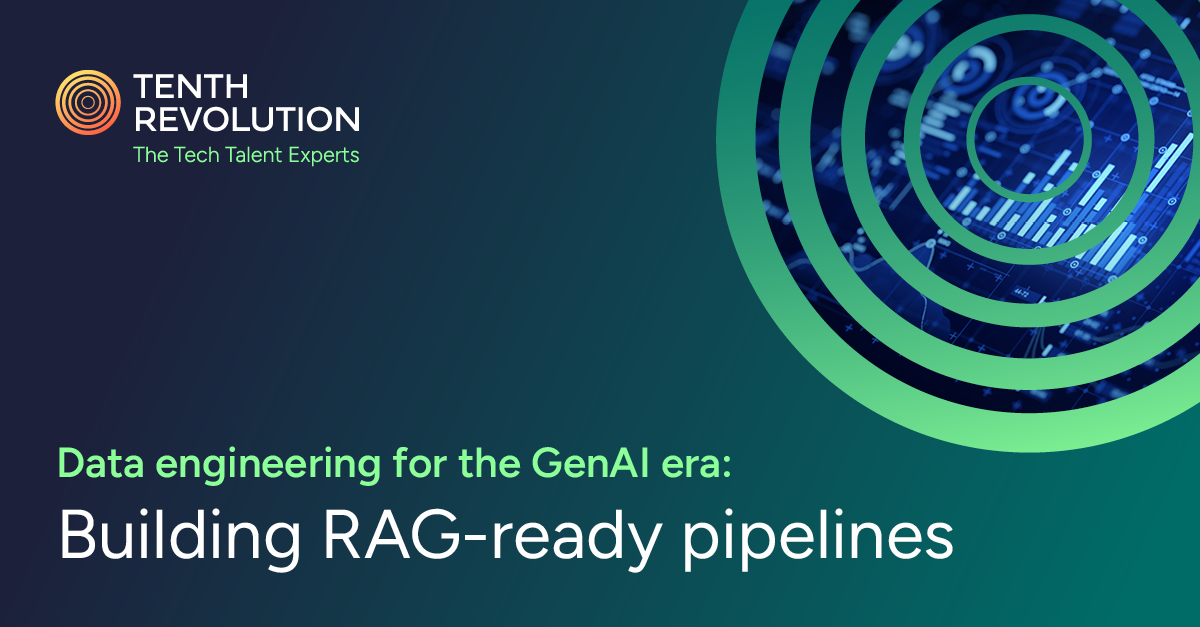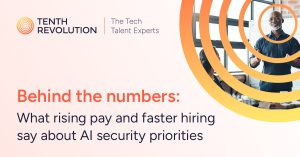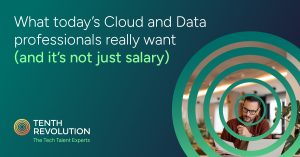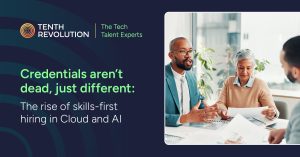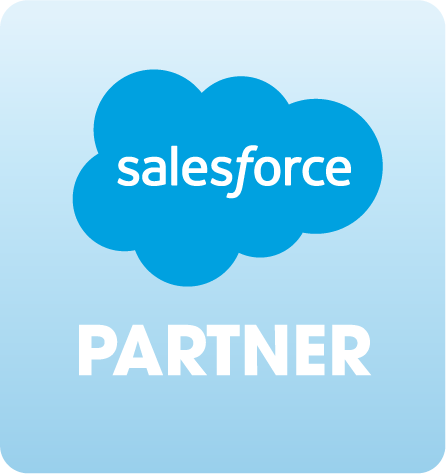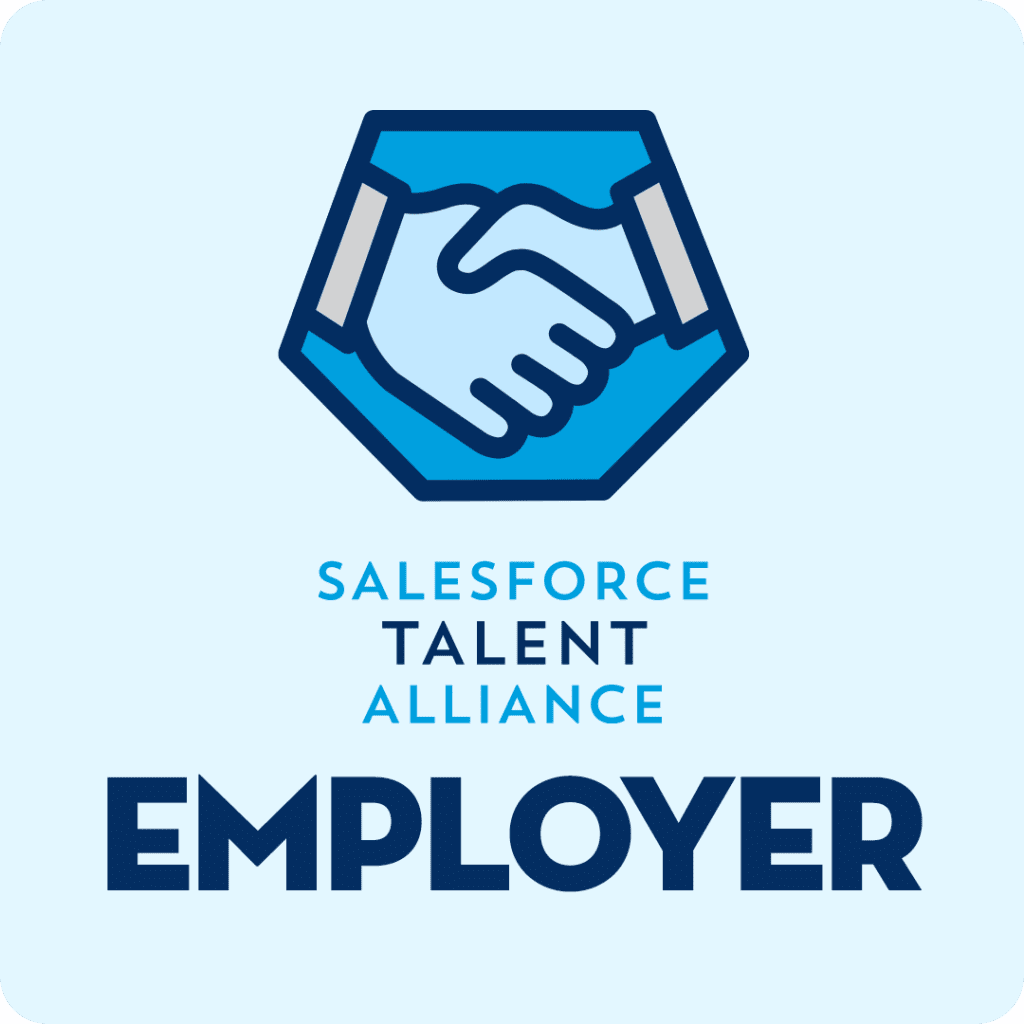Data engineering has always been central to analytics and reporting, but in the age of generative AI its role is expanding dramatically.
Retrieval-augmented generation (RAG) is becoming a cornerstone of enterprise AI, allowing models to ground their outputs in proprietary knowledge. To make RAG work at scale, organizations need pipelines that deliver high-quality, contextual, and up-to-date data. That demand is reshaping what it means to be a data engineer.
The new technical profile
Today’s data engineers are expected to do far more than build ETL workflows. They are now designing systems that can fuel AI applications with the right information at the right time. That shift requires a new set of skills and tools, including:
Lakehouse architectures such as Delta Lake, Apache Iceberg, and Hudi, which blend the flexibility of data lakes with the reliability of warehouses.
Streaming pipelines that move fresh data in real time, ensuring models have access to the most current information.
Transformation frameworks like dbt to create consistent logic and documentation across teams.
Vectorization and embeddings that prepare datasets for semantic search, allowing AI models to retrieve context with precision.
These capabilities make the difference between AI systems that hallucinate and those that deliver trustworthy, enterprise-ready outputs.
👉 RAG pipelines are the backbone of enterprise-ready AI. We’ll help you recruit data engineers with lakehouse, streaming, and vectorization expertise to future-proof your systems. Find your next great data hire
Why retrieval matters
Generative AI models are powerful, but they are only as accurate as the data they can access. Without reliable retrieval, outputs become inconsistent, outdated, or even misleading. In industries such as finance, healthcare, or law, those errors are more than inconvenient, they can create regulatory risk or reputational damage.
This is why retrieval pipelines are attracting so much investment. RAG 2.0 techniques such as hierarchical chunking, hybrid search, and multi-hop retrieval are making it possible for AI systems to ground their answers in enterprise knowledge with greater accuracy and transparency.
For organizations, this means customer service tools that give consistent responses, compliance teams that can trust AI outputs, and analysts who gain real insight instead of generic summaries.
👉 Need to strengthen your AI data foundations? Our team can connect you with trusted technology talent who build semantic layers and retrieval pipelines that make Gen AI reliable. Find your next great data hire
Tangible business benefits
Investing in RAG-ready pipelines is not only about improving accuracy. It brings a range of benefits that executives should consider:
Improved accuracy as model outputs are grounded in verified enterprise data.
Faster development cycles that reduce the time from raw data to production-ready applications.
Regulatory compliance through data lineage and access controls that satisfy auditors and regulators.
Competitive differentiation by embedding proprietary knowledge into AI services that cannot be easily replicated by rivals.
Organizations that prioritize these capabilities are better positioned to deliver AI systems that customers, regulators, and employees can trust.
Strategic value for leadership
For executives, the rise of RAG-ready engineering is a clear signal that AI and data strategy are converging. Building effective AI systems no longer rests solely on selecting the right model—it depends on the quality, governance, and accessibility of the data that model can use.
By hiring engineers who understand lakehouse technologies, streaming architectures, and semantic layers, leaders ensure their organizations are equipped for this next wave of AI adoption. These professionals are not just data plumbers; they are the enablers of accurate, compliant, and impactful AI.

